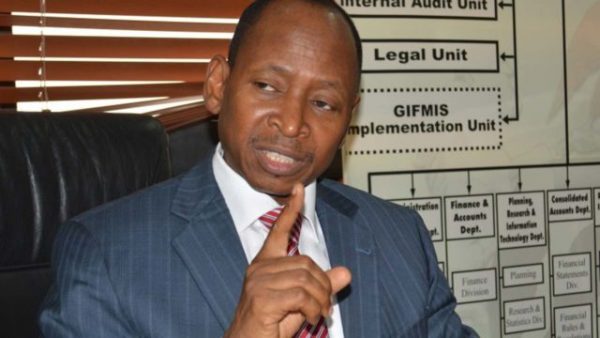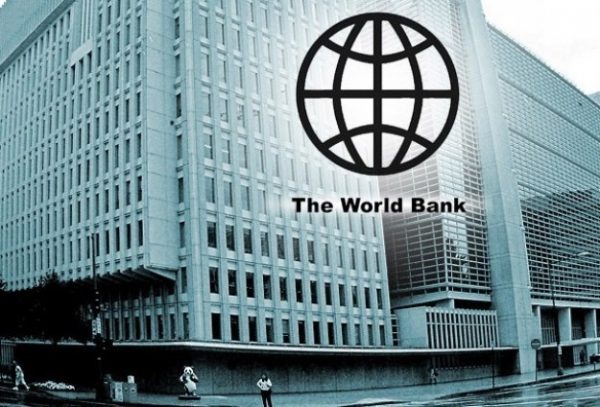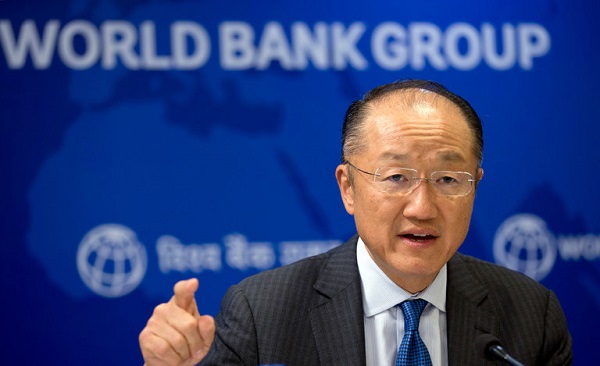Naira overvalued by 20%, says IMF
 The International Monetary Fund has said Nigeria’s economy needs urgent reform.
The International Monetary Fund has said Nigeria’s economy needs urgent reform.
In a in a report published on Wednesday, it highlighted the risks to growth for the recession-hit country and the dangers of a volatile foreign exchange market.
The document, a report from the IMF staff which Reuters saw an earlier version of last month, outlined a raft of failings in the Federal Government’s handling of the economy and could affect at least $1.4bn in international loans.
The report expressed the issue in a more critical tone than the IMF’s board adopted in a statement last week, although it also said Nigeria should lift the remaining foreign exchange restrictions and scrap the system of multiple exchange rates.
The Washington-based fund’s analysis came on the same day President Muhammadu Buhari launched the Economic Growth and Recovery Plan in Abuja.
But the IMF said the plan, criticised by economists for including few concrete measures, was not enough to drag the economy out of recession.
If Nigeria’s economy was to recover, “much more needs to be done”, the IMF said in the staff report, Reuters reported.
It also urged the Federal Government to introduce immediate changes to the exchange rate policy – characterised by the Central Bank of Nigeria curbing, multiple exchange rates and an artificially high naira valuation – or risk “a disorderly exchange rate depreciation.”
That naira overvaluation is “somewhere to the tune of 10 to 20 per cent,” the IMF’s Mission Chief for Nigeria, Gene Leon, said in a separate telephone media briefing.
Additionally, Leon said the Federal Government’s 2017 projections for non-oil revenues were more optimistic than the IMF’s, and the government needed to increase tax levels to diversify its income.
The Presidency, Budget and Planning ministry, Finance ministry and the CBN did not immediately respond to requests for comment, Reuters reported.
The fund said the Federal Government officials were concerned about the IMF staff report’s view.
The government had said further measures were under way which included the implementation of a more flexible foreign exchange market and “maintaining tight monetary policy to underpin price stability”, according to the IMF report.







